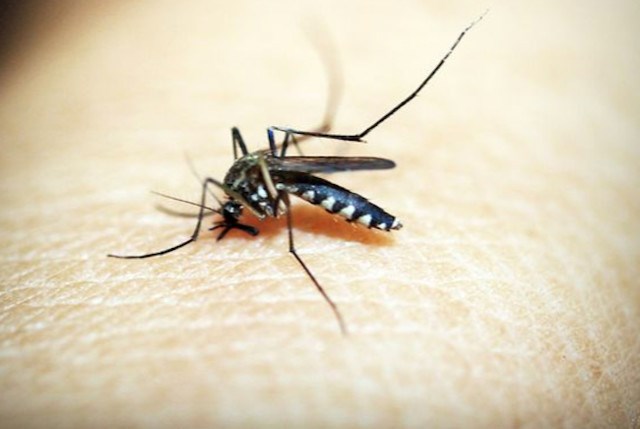They are small, annoying and becoming increasingly dangerous.
Mosquitoes are known to carry a variety of maladies in other parts of the world, but Interior Health has issued a warning that the mosquito species most likely to carry the West Nile virus in our region is increasingly active during August.
West Nile virus is a disease that is spread from infected crows, ravens, magpies and jays to humans through mosquito bites. It was first detected in the South Okanagan in 2009, according to a news release.
Since then, there have been five human cases in the valley.
Last year, the virus was detected in birds and a horse in the East Kootenays. Several parts of Canada and the U.S. continue to report ongoing activity.
Interior Health officials say the risk of infection from handling birds is very low; however, people should not use their bare hands to handle wild birds — dead or alive.
Unusual clusters of dead birds can be reported to the B.C. Interagency Wild Bird Mortality Investigation at 1-866-431-BIRD (2473).
Mosquitoes can also transmit West Nile virus to horses and occasionally to other animals. Horse owners are advised to contact their veterinarians for information about equine vaccines for West Nile.
The risk of becoming seriously ill from West Nile virus infection is low for most people. The elderly and those with compromised immune systems are more at risk.
— Darren Handschuh, Castanet



.png;w=120;h=80;mode=crop)